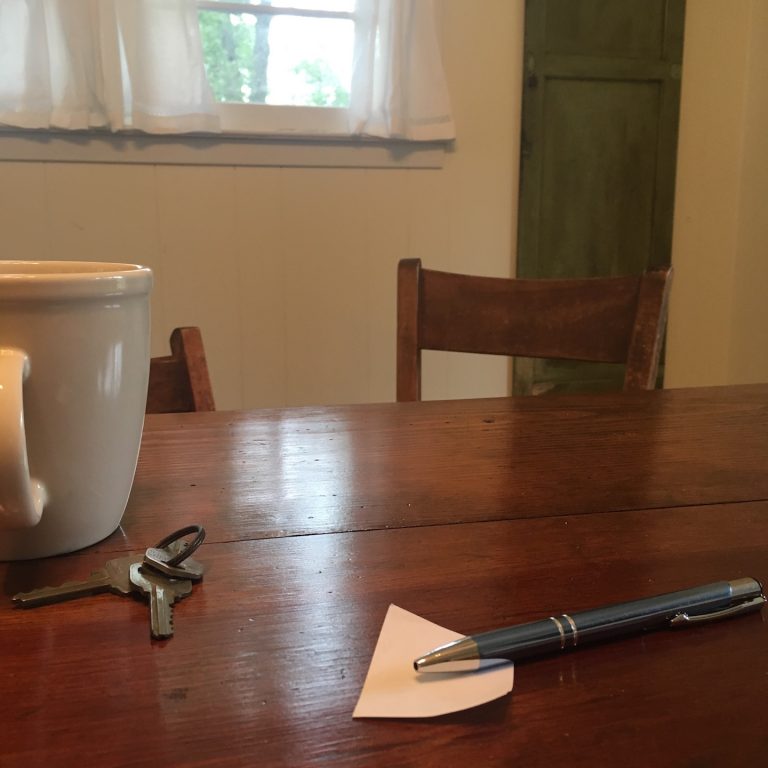
“Be who you are and say what you feel, because those who mind don’t matter, and those who matter don’t mind.” Bernard M. Baruch
Quotes like this are all over the internet, social media, etc. And, while I understand that the idea of self-acceptance is comforting, every time I read one of these I think, But what if we’re being an ass?
We all have been on the receiving end of unfair treatment. Manipulation, temper-tantrums, mean criticism…our villain could simply be following the wisdom of “be who you are and say what you feel”.
And, in all fairness, I know that sometimes I am selfish, critical, and what I’m feeling isn’t particularly charitable. Do quotes like this give me free rein to say what I feel in those times?
We ARE accountable to others, and honest self-reflection and self-growth is a gift we give to ourselves and everyone else in our life. (Key word is “honest”. That’s a bitch.)
In a book I read recently, “Rising Strong”, Brené Brown said “When we stop caring what people thing, we lose our capacity for connection.”
Now, nobodies perfect. But, let’s presume that we try, at least 95% of the time, to operate from our highest standards. And yet, we find ourselves on the receiving end of criticism or judgement that seems harsh. Maybe we are inexplicably rejected. “Who we are” when we are being our best or “pretty good” selves at this moment isn’t enough for someone else.
If we are trying to be open to listening, self-reflection and self-growth, these times can be confusing. How do we balance the openness needed to grow and improve with a boundary that protects us from unfair judgement? For this, Brené says,
“But when we are defined by what people thing, we lose the courage to be vulnerable. The solution is getting totally clear on the people who’s opinions actually matter.”

Brené suggests cutting a piece of paper into a 1” x 1” square. On that little square, write the names of the people who’s opinion actually matters to you.
It’s worth thinking about that carefully, and she suggests that if the names overfill your paper, you need to edit. According to her, we should consider people who
love us not despite our imperfections and vulnerabilities, but because of them, and
are brave enough to disagree with us, or question us when we are acting outside of our values.
These are key points. When I’m struggling with a situation that is hacking at my self-esteem, or I’m suspecting I’ve lashed out unfairly, the opinions I seek should belong to people who:
know me and understand my special charms fairly well,
understand the values that are important to me, and
are not afraid to point out when I am not being my best self, or operating from my core values.
Note that these people do not need to BE like me, SHARE my characteristics or even share my values, just understand them.
So, let’s get ready. We all know that at some point soon we will be on the receiving end of an criticism that smarts. In order to be able to handle it like a pro, a little pre-planning is in order. To get ready, let’s
do some thinking and get some clarity on our strengths, weaknesses, and values,
run down our mental checklist of pals. Who knows us well enough to make the list? Who’s opinion do we trust? Who is honest with us? and
cut a little sheet of paper and write the names down.
Now, you can certainly keep your list mentally, but having a physical list can be very grounding in times of stress. My new friend Brené says that when dealing with a mean critic, she opens her wallet, pulls out her little square, and says “Not on my list!” and proceeds to put the unfair criticism behind her. Or, she has the names she can call upon for valuable feedback.
In class this week, we discussed all this, and went through a practice contemplating our values through the framework of the chakra system. And, during our opening chat, one student brought up a great question to ask ourselves:
Whose 1” x 1” square of paper would MY name show up on?
I love my students.